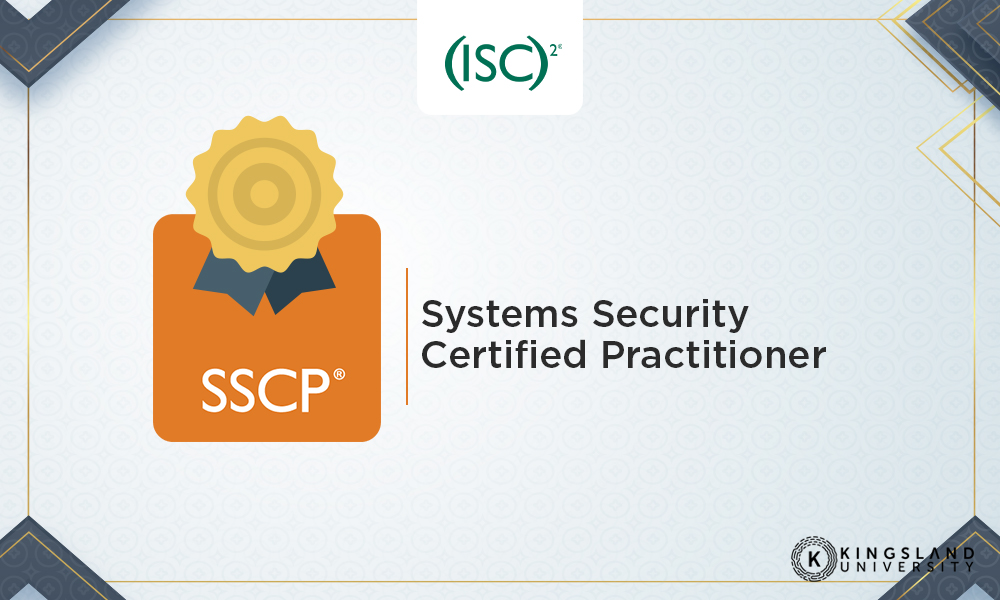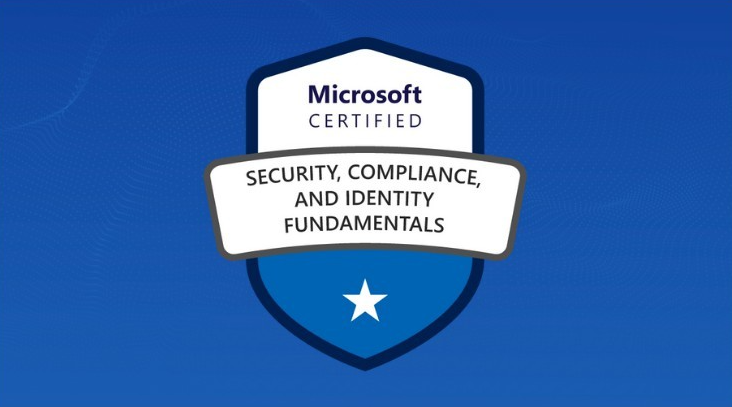Cybersecurity is one of the fastest-growing fields in the tech industry. With the rise of cyberattacks, data breaches, and the increasing demand for secure systems, organizations are constantly looking for skilled professionals to protect their digital assets. For beginners looking to enter this lucrative and rewarding industry, obtaining the right certifications can be a critical first step.
Cybersecurity certifications not only validate your skills but also give you an edge in a competitive job market. But with so many certifications available, how do you know which ones are the best for beginners? In this article, we’ll explore the top cybersecurity certifications for beginners, their benefits, and how they can help you jumpstart your career.
Why Cybersecurity Certifications Matter
Cybersecurity professionals are responsible for safeguarding networks, systems, and sensitive data from malicious attacks. With the increasing complexity of cyber threats, companies need certified experts to mitigate risks and ensure that security measures are up to date. A cybersecurity certification acts as proof that you have the necessary knowledge and skills to tackle these challenges.
Key Reasons Why Cybersecurity Certifications Are Important:
- Validation of Skills: A certification proves that you have undergone rigorous training and have the technical expertise to handle security-related tasks.
- Increased Job Opportunities: Certifications enhance your employability. Many companies require or prefer candidates with cybersecurity certifications as part of their hiring criteria.
- Higher Salary Potential: Certified professionals often earn more than their non-certified peers. According to studies, certifications can boost your salary by up to 15%.
- Credibility: Certification programs are often accredited by reputable organizations, which gives you more credibility in the eyes of potential employers.
With that in mind, let’s dive into the top certifications that can help beginners break into the cybersecurity field.
Top Cybersecurity Certifications for Beginners
If you’re just starting in cybersecurity, the certifications listed below are widely recognized and highly regarded within the industry. They serve as excellent entry points, each covering essential topics that will give you a solid foundation in cybersecurity.
1. CompTIA Security+

CompTIA Security+ is one of the most popular certifications for beginners in cybersecurity. It covers a wide range of foundational security concepts, such as network security, threats and vulnerabilities, cryptography, and access control. This certification is highly regarded by employers because it focuses on practical and hands-on skills.
- Key Focus Areas:
- Threats, attacks, and vulnerabilities.
- Identity management and access control.
- Risk management.
- Cryptography and public key infrastructure (PKI).
- Why It’s Great for Beginners: Security+ is considered an entry-level certification, but it’s comprehensive enough to provide a strong understanding of basic cybersecurity principles. It’s also vendor-neutral, meaning the skills you learn can be applied across various platforms and technologies.
2. Certified Ethical Hacker (CEH)

The Certified Ethical Hacker (CEH) certification is designed for individuals who want to learn the tactics and techniques that hackers use to exploit systems. CEH teaches you how to think like a hacker, identifying weaknesses in systems before cybercriminals can take advantage of them.
- Key Focus Areas:
- Ethical hacking techniques.
- Vulnerability assessment.
- Network security.
- Penetration testing.
- Why It’s Great for Beginners: CEH is ideal for beginners who are interested in offensive security roles like penetration testing. It offers hands-on experience in identifying and mitigating vulnerabilities, preparing you for real-world cyberattacks.
3. GIAC Information Security Fundamentals (GISF)
The GIAC Information Security Fundamentals (GISF) certification is perfect for beginners looking to understand information security concepts, including the basics of networking, security protocols, and risk management. This certification is offered by the Global Information Assurance Certification (GIAC), a respected body in the cybersecurity industry.
- Key Focus Areas:
- Basic networking and security principles.
- Cryptography basics.
- Security awareness.
- Incident response.
- Why It’s Great for Beginners: GISF is suitable for those new to cybersecurity, as it focuses on building a strong foundation in information security concepts. It’s an excellent starting point if you’re looking to specialize in areas like risk management or incident response later in your career.
4. (ISC)² Systems Security Certified Practitioner (SSCP)

The Systems Security Certified Practitioner (SSCP) is offered by (ISC)², one of the leading organizations in cybersecurity certifications. The SSCP is a good entry point for those looking to work in IT security administration or operations. It covers network security, identity management, and cryptography.
- Key Focus Areas:
- Systems and network security.
- Risk identification and mitigation.
- Incident response and recovery.
- Identity and access control.
- Why It’s Great for Beginners: While it’s slightly more advanced than some other beginner certifications, SSCP is an excellent stepping stone for anyone aiming to pursue a more advanced certification like CISSP (Certified Information Systems Security Professional) down the line.
5. Cisco Certified CyberOps Associate

The Cisco Certified CyberOps Associate certification is an ideal starting point for those who want to focus on cybersecurity operations. The certification is designed for security professionals who want to work in a Security Operations Center (SOC) and emphasizes the skills required to monitor, detect, and respond to security incidents.
- Key Focus Areas:
- Security monitoring and analysis.
- Network intrusion detection.
- Incident response.
- Security operations fundamentals.
- Why It’s Great for Beginners: Cisco CyberOps Associate is a perfect choice for those who want to pursue a career in SOC analysis or cybersecurity operations. It’s vendor-specific to Cisco systems but provides valuable, practical knowledge that is widely applicable across the industry.
6. EC-Council Certified Security Analyst (ECSA)
The Certified Security Analyst (ECSA) is an advanced certification offered by EC-Council that builds on the skills learned in the CEH program. However, beginners can still pursue this certification after gaining basic knowledge. ECSA focuses on advanced penetration testing techniques and methodologies.
- Key Focus Areas:
- Advanced penetration testing.
- Vulnerability analysis.
- Network and web application security.
- Security reporting and analysis.
- Why It’s Great for Beginners: While not strictly an entry-level certification, ECSA can be pursued by ambitious beginners who have completed the CEH or similar programs. It offers more hands-on experience and in-depth knowledge of cybersecurity testing techniques.
7. Microsoft Certified: Security, Compliance, and Identity Fundamentals

Microsoft Certified: Security, Compliance, and Identity Fundamentals is a new certification that’s ideal for beginners seeking a foundational understanding of security, compliance, and identity management in Microsoft environments. This certification focuses on concepts like securing Microsoft platforms and services.
- Key Focus Areas:
- Microsoft security solutions.
- Identity management.
- Compliance frameworks.
- Security best practices for cloud and on-premises environments.
- Why It’s Great for Beginners: If you’re interested in working with Microsoft technologies, this certification provides a strong foundation in security and compliance, making it a valuable entry point for aspiring cybersecurity professionals.
How to Choose the Right Certification
Selecting the right cybersecurity certification can be overwhelming, especially for beginners. To make the decision easier, consider the following factors:
- Career Goals: If you’re interested in ethical hacking, CEH might be the best fit. For those interested in a broad security role, CompTIA Security+ is ideal.
- Cost: Certification exams can be expensive. Ensure the cost aligns with your budget, and explore any training resources or discounts available.
- Time Commitment: Some certifications require more study time and practical experience than others. Assess how much time you can dedicate to your certification journey.
Benefits of Getting a Cybersecurity Certification
- Career Advancement: Certifications open doors to better job opportunities and higher salaries.
- Skill Validation: They validate your skills to employers, making you a more competitive candidate.
- Networking Opportunities: Many certification bodies offer networking opportunities, providing access to exclusive events and communities.
- Continued Learning: Most certifications require continuing education credits, ensuring you stay up-to-date with the latest cybersecurity trends.
How to Study for Cybersecurity Certifications
- Use Official Study Guides: Many certification bodies offer official study materials tailored to the exam.
- Enroll in Online Courses: Platforms like Udemy, Coursera, and LinkedIn Learning offer comprehensive courses.
- Hands-on Practice: Use virtual labs and tools to gain practical experience.
- Join Online Forums: Engage with others studying for the same certifications to share tips and resources.
The Future of Cybersecurity Careers

The demand for cybersecurity professionals continues to grow. With the rise of cloud computing, IoT, and artificial intelligence, new security challenges are emerging, making the field dynamic and evolving. By starting with the right certifications, you can position yourself for long-term success in a rapidly expanding industry.
Conclusion
Pursuing a cybersecurity certification is one of the best ways to start a career in this fast-paced industry. Certifications like CompTIA Security+, CEH, and Cisco CyberOps Associate provide the foundational knowledge and skills needed to break into cybersecurity roles. Whether you’re looking to become a penetration tester, security analyst, or SOC engineer, the certifications listed here can give you the tools to succeed.

